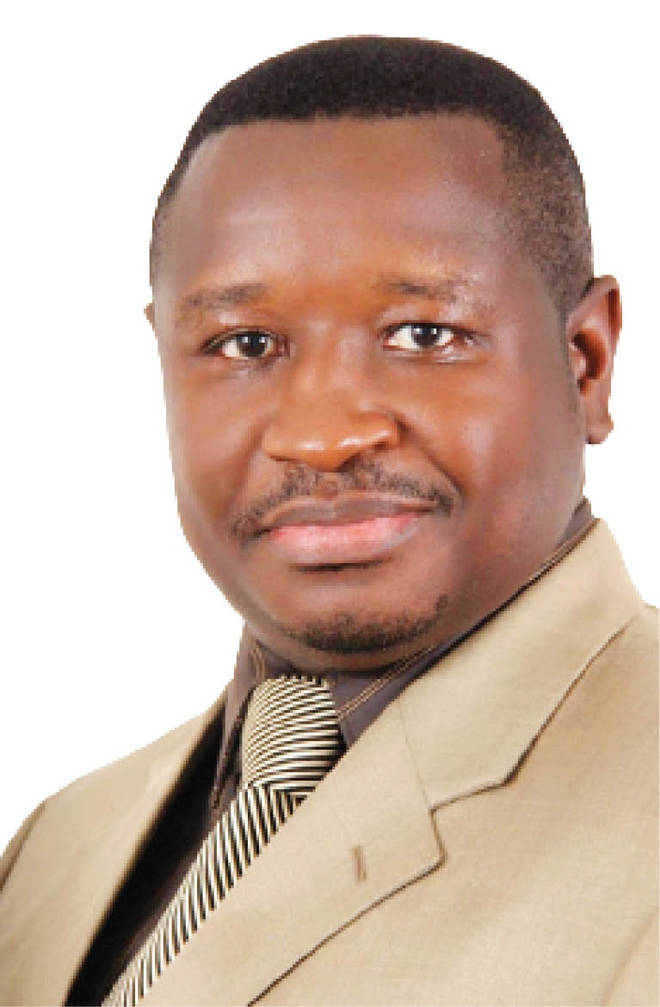Sierra Leone: Run-off result vindicates regional concern for national stability
The return of retired Brig. Gen. Julius Maada Bio to the presidency of Sierra Leone more than two decades after he voluntary relinquished the post of military Head of State reverberates with several symbolic principles of conduct and consequence. Not least of these is the importance of the resolve and presence of neutral and objective […]


The return of retired Brig. Gen. Julius Maada Bio to the presidency of Sierra Leone more than two decades after he voluntary relinquished the post of military Head of State reverberates with several symbolic principles of conduct and consequence. Not least of these is the importance of the resolve and presence of neutral and objective monitors in ensuring the success and credibility of the electoral process in the nations of the West African region.
The mood of the electorate was replete with expectations of change as the burgeoning popularity of Maada Bio was vocally expressed by a wide cross section of the populace as the contest approached. However, presumptions of incumbent privilege were also promoted loudly, prior to the elections, by themembers of the ruling All Peoples Congress (APC).
As a consequence, it was clear that the polls would be closely fought and very divisive. This was especially so after the first round, ended. In that round more than a dozen opportunistic aspirants were eliminated leaving the two main protagonists to battle for the Presidential mantle.
Maada Bio stood on the ticket of the nationalistic Sierra Leone Peoples Party (SLPP) the party of the founding fathers of the Sierra Leonean state, and promoted himself as representing the restoration of principles of honesty and service that his supporters claim has been corrupted by the actions of the APC in its two terms in office.
On the other hand the outgoing President Ernest Bai Koroma touted his tenure as having been one of consolidation that deserved to be rewarded with continuity. President Koroma declared himself the life-Chairman of his party the APC and is alleged to have singlehandedly selected his former Foreign Minister Hon. Samura Kamara to be his successor.
Apart from the fact that these actions by the outgoing President portrayed the APC as representing an old order of authoritarian conceit, Maada Bio promoted himself as an alternative leader based on his record of having been a military ruler who came to power for the express purpose of handing a mandate to a democratic order when he initiated a coup against his former army colleagues in 1996.
The fact that he kept his word within the extremely short space of three months has now become an asset for him to tout as proof of his credentials as a true believer in democratic principles and one who can be trusted to keep his word. However a more important element of this narrative, which has beenlargely overlooked by commentators and analysts in many media, is the fact that the localised loyalties of the two long-lived parties the SLPP and the APC tend to create serious national divisions among the electorate and thus to exacerbate and even provoke violent emotional dissent during electoral contests in Sierra Leone.
This divisiveness is deep-rooted in Sierra Leone society and has even been blamed by some observers as being responsible for the viciousness that characterised conduct of the warring parties during the long civil war that the nation endured until a short while ago.
With this background in mind as the elections approached other members of the West African community were mindful of the role that ECOWAS was called upon to play in restoring peace in the nation in those dire times. The likelihood that electoral campaigning in Sierra Leone could deteriorate into violent conflict has been a particular apprehension in the region.
As a result, the participation of prestigious and respected former leaders of other nations and eminent persons from the community as election monitors and observers played an important role in ensuring a credible outcome in spite of many problems.
A surprising aspect of the recently concluded exercise was the fact that the incumbent ruling party proved to be the louder and more intransigent complainant against the process while the opposition party, whose flag-bearer led in the first round of voting, appeared to be more conciliatoryin its reactions. An interesting historical anecdote has surfaced as a result of these events indicating that Maada Bio has apparently always placed substantive trust in regional co-operation. We have learnt that his short but successful transitional tenure two decades ago was based partly on his decision to heed advice given to him by a West African diplomat to allow the process of the return to democracy to continue in the time frame already agreed upon.
This time around while his opponent, in spite of being a member of the government that had appointedthe National Elections Commission (NEC) blamed members of the regional monitoring team for their insistence that NEC should be allowed to carry out its duties without official interference, Maada Bio gave the impression that he was prepared to accept any result as long as it was announced in keeping with the regulatory formula agreed upon with the NEC.
It may have helped that his status as front-runner in the race had been widely touted before the elections commenced at all but as the process ran its course he also appeared to be more committed to national stability rather than to any personal ambition.
In the end his victory has vindicated the objectivity displayed by the regional monitors and even though the former ruling party has announced its unwillingness to accept the result the regional arbiters must regard this exercise as further evidence that genuine change can be achieved by democratic means in the region and is the best option for the sustenance of national stability throughout the West African community.
